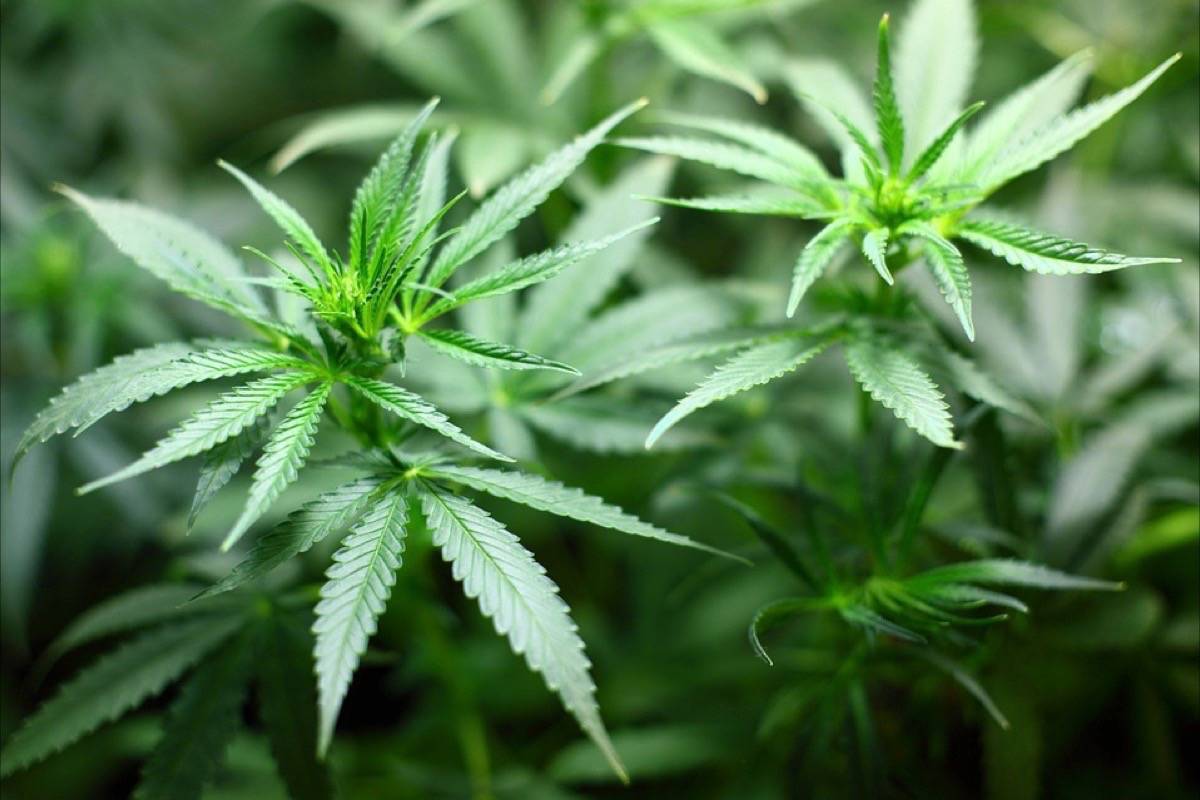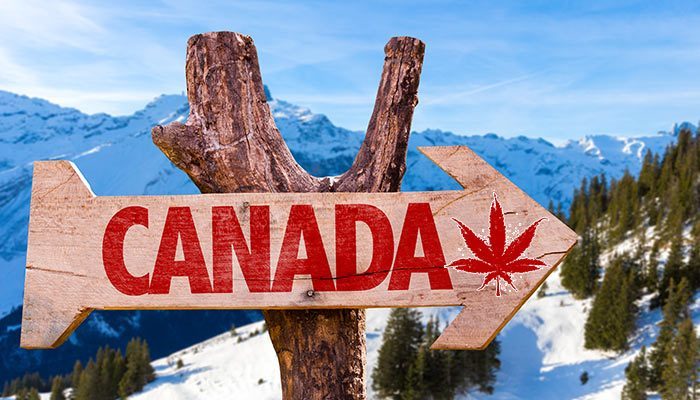Senators advise delay on cannabis legalization in Canada, but Trudeau pledges to legalize by summer
Cannabis legalization in Canada could generate billions of dollars
Senators may have threatened to postpone cannabis legalization in Canada by as much as a year, but Prime Minister Justin Trudeau has assured the general public that the plant will be legal by summer.
In a recent announcement, Trudeau touched upon various topics pertaining to cannabis legalization in Canada, including the impact legislation will have on the country’s Indigenous peoples.
“We have been working with our partners across the country to make this happen and we are going to be moving forward this summer on the legalization of cannabis,” Trudeau said as he rubbed shoulders with the Portuguese prime minister when speaking to reporters earlier this month.
Cannabis legalization in Canada is an ongoing process
The Senate’s Aboriginal peoples committee requested modifications to Bill C-45 as a way of halting cannabis legalization in Canada for up to a year.
Bill C-45 would wipe away criminal sanctions on adult cannabis possession.
“Obviously, as I’ve said many times, this is not an event, this is a process, and we will continue to work with our partners in the municipalities, in provinces and Indigenous leadership in communities to make sure we’re doing this right and moving forward in a responsible way,” Trudeau vowed.
Committee believes indigenous communities need extra time

During the recent discussion, the committee urged the government to be more patient in making “culturally sensitive” materials available.
By delaying the legalization of cannabis in Canada, the committee thinks that Indigenous peoples will gain a better understanding of the risks pertaining to cannabis consumption.
Furthermore, with a little more time to assess the situation, the committee believes that the Indigenous peoples can get a fair share of the excise taxes that will be collected on cannabis sales throughout the country.
Millions of dollars are expected to be accumulated on the drug and by negotiating with First Nations governments, the Indigenous peoples could potentially strike up a revenue-sharing deal that will grant them a cut of the money.
Senators want Indigenous people to pursue cannabis business ventures

Another reason why cannabis legalization in Canada is at risk of being delayed is that senators want to amend Bill C-45 as a way of helping Indigenous community members to pursue cannabis-related business ventures.
Under the requested amendment, senators prompted the federal government to allocate 20 percent of cannabis cultivation licenses to the Indigenous people.
The main aim of this is to motivate and grant the members of indigenous communities with an opportunity to launch their own cannabis businesses.
Indigenous representatives claimed that federal consultation with their communities had been “woefully inadequate” – something that propelled the Senate committee to make the recommendations.
The bill, which continues for 148 pages, mentions the word “Aboriginal” just once in the section titled “definitions”.
Call for delay on cannabis legalization in Canada linked to home-growing concerns

Other stakeholders are drawing attention to Canada’s proposed plans that would permit home cannabis cultivation to the amount of four plants per household.
Aside from the risks of structural damage caused by in-house cannabis cultivation, Canada’s police services also claim that home-growing could trigger a spike in property crime rates.
The Canadian Real Estate Association (CREA) is concerned that homegrown cannabis could damage property structure and cause real estate prices to plummet.
The association also warned about potential insurance implications, because financial institutions are less likely to protect the households that were formerly used to cultivate cannabis.
Two provinces have already banned home cannabis cultivation in Canada, in spite of the federal legislation. Those provinces are Manitoba and Quebec.
Trudeau has instructed all provinces to adhere to the federal law, just as it is in writing.
“The decision on home cultivation of up to four plants was based on logic and evidence and it’s one that we will continue to establish as part of the federal framework,” Trudeau declared in French.
Senate’s social affairs committee to vote on or before June 7
The amendment recommended by the Aboriginal people’s committee is being considered by the Senate’s social affairs committee.
Suggestions made by four Red Chamber committees are also being reviewed.
Should the bill be amended by the Senate, the changes must be accepted by the House of Commons prior to them taking effect.
Once passed, the federal government has revealed how complete legalization of cannabis in Canada will ensue 8 to 12 weeks after. This timeframe would enable provinces to set up and implement their own systems effectively.
A third reading vote will commence on or before June 7.








